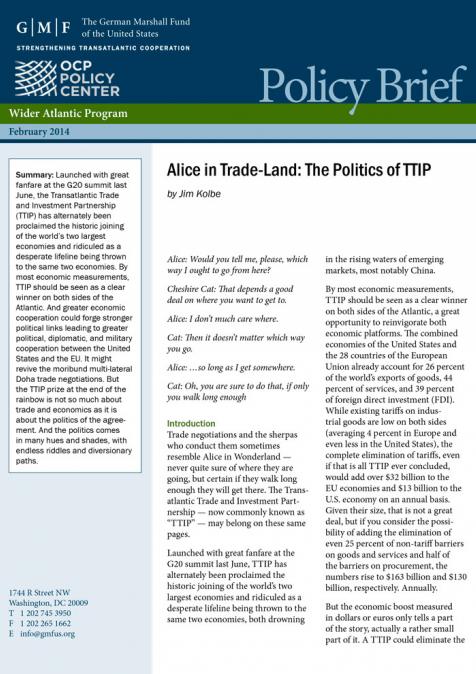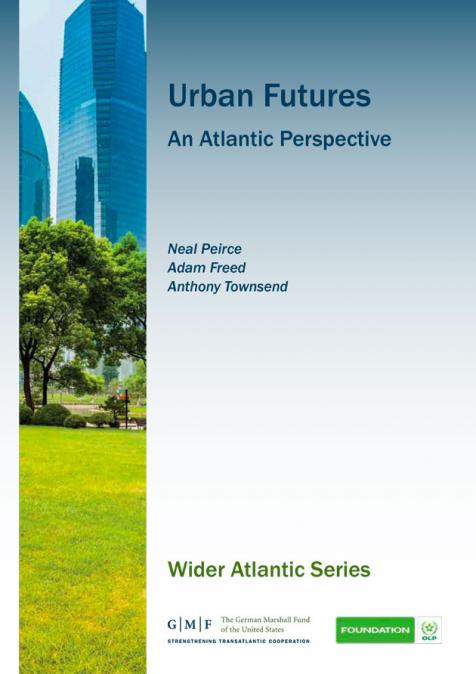Transatlantic Relations and dynamics between North and South in a Changing World
2024 will be the most important electoral year on record. While elections will be held in major countries of the South (including India, Indonesia, and South Africa, among others) and in Russia, the North Atlantic will also be home to noticeable contests. The U.S. and the EU have witnessed a surge in right-wing populism. How both powerhouses will fare in front of that challenge to liberal democracy as it was traditionally understood, and how it will shape their foreign policy and engagement with the rest of the world, are the topics of this conversation with Strahinja Matejic, Associate Director in the Office of the President at the Eurasia Group, and member of the ADEL 2022 cohort.











